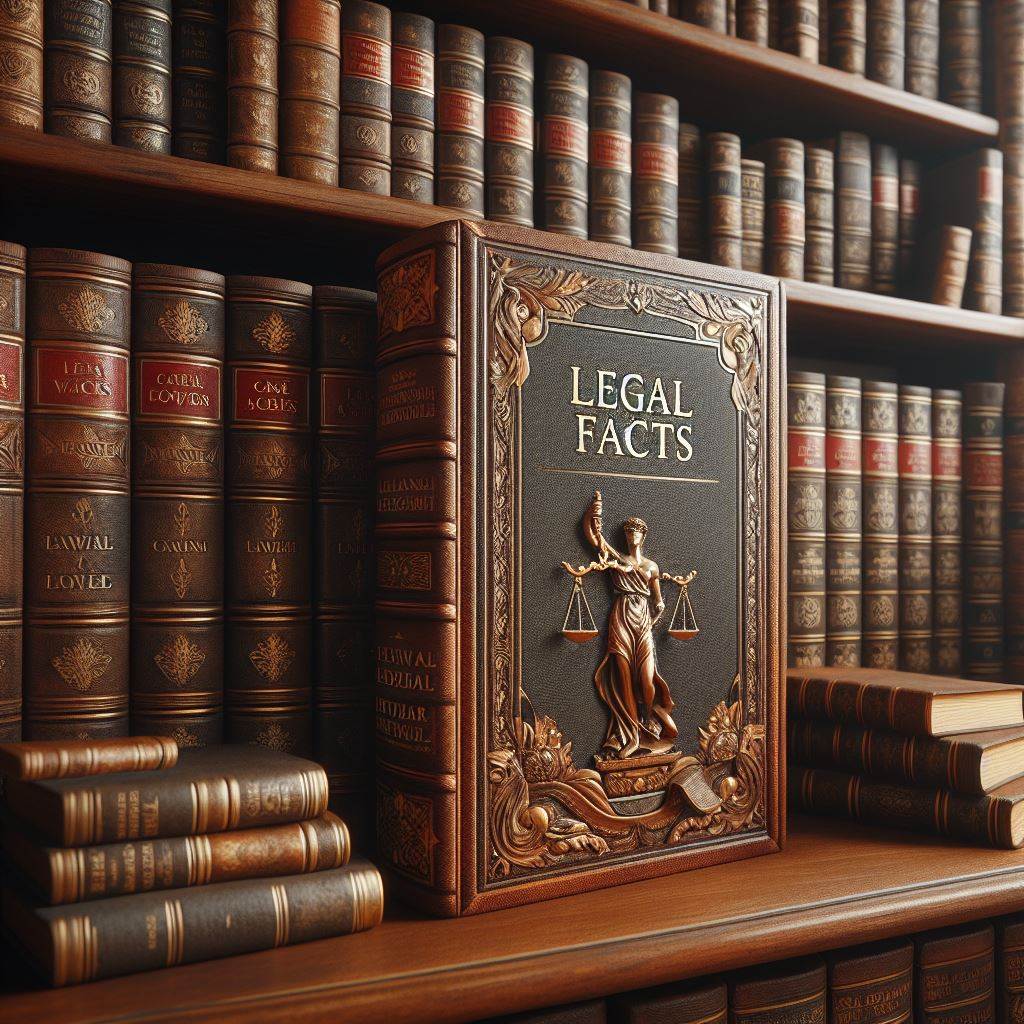Legal facts: Concepts, types and place in the work of a lawyer
Legal facts are key elements in the legal system of every country. They determine the legal consequences arising in various situations. Understanding the concept and types of legal facts is important for anyone interested in law.
Concept of Legal Fact
A legal fact is a circumstance or event that has legal significance and may lead to the emergence, change or termination of legal relations. It can be any action, state or event that has a defined legal nature and consequences.
Types of Legal Facts
1. Facts of a natural and technical nature
These facts arise as a result of natural phenomena or technical processes. For example, natural disasters, accidents, technical malfunctions, etc.
2. Facts of human activity
These facts are related to the actions of people and include all types of legal actions, such as concluding agreements, passing court decisions, committing crimes, etc.
3. Facts of a social nature
These facts relate to social relations and include events that occur in society, such as marriage, divorce, birth of a child, death, etc.
4. Facts of a legal nature
These facts arise in connection with the activities of authorities, court decisions, legal norms and other legal acts.
5. Facts of change of circumstances
These facts reflect changes in pre-existing circumstances that affect legal consequences. For example, change of place of residence, state of health, material condition, etc.
6. Facts of certification
These are facts that confirm the truth of certain circumstances or events that have legal significance. For example, witness statements, documents, expert opinions, etc.7. Facts of transactions
These facts arise as a result of legal actions, such as the conclusion of agreements, wills, gifts, etc. Acts may be relevant for the emergence, change or termination of legal relations.
8. Facts of the activity of state bodies
These are facts related to the activities of authorities and management, such as the adoption of laws, resolutions, court decisions, administrative acts, etc.
According to the consequences of the action, legal facts can be law-forming and law-changing.
Legal facts
Law-forming facts are events or actions that lead to the creation of a new legal normative act. Here are some examples:
1. Adoption of the law. When parliament or other legislative body passes a new law, it is a law-making fact.
2. Adoption of the resolution. A decision by an executive body or a court can also create a new legal act.
3. International agreements. The signing and ratification of international treaties are also law-forming facts.
Law-changing facts
Law-changing facts affect existing legal norms, changing their content or scope. Here are some examples:
1. Judicial practice: A court decision can influence the interpretation of the law and change its application.
2. Changes in social conditions: Changes in society, technology, economy, etc. may require changes in legislation.
3. Changes in political institutions: Political changes, such as a change of government, can lead to changes in legislation.
Understanding these types of legal facts helps in the legal analysis of situations and the resolution of legal issues in various areas of law.
The place of legal facts in the work of a lawyer
In the work of a lawyer, legal facts play a key role.The analysis of documents and the lawyer's legal opinion are based on the study of available legal facts. A lawyer's consultation, a lawyer's consultation or a written consultation is not possible without a legal analysis and justification of the client's legal positions based on the investigated legal facts of the case. Understanding and skillful use of legal facts allows a lawyer to effectively protect the interests of his clients in court, negotiations and other legal processes, to provide a high-quality legal opinion.
Mastery in working with legal facts involves not only their collection and analysis, but also the ability to influence them, to convincingly prove their meaning and compliance with the law. A lawyer must be skilled in using evidence, arguments and precedents that support his legal positions.
In addition, the lawyer must be aware that the legal facts can be complex and changeable and may be the subject of dispute between the parties. Therefore, it is important to have the skills to research and prove facts in controversial situations.
Working with legal facts requires a lawyer not only to have a deep understanding of the law, but also to have analytical, communicative and persuasive skills. This helps the lawyer to successfully defend the interests of his clients in legal proceedings.
Legal service "Consultant" provides legal assistance in any situation. Our lawyers, having conducted a legal analysis of the situation, will ensure the representation of interests in state authorities or the court, will take part in a court hearing in any city of Ukraine. Legal protection in court is a guarantee of quality protection of your rights and interests.





























